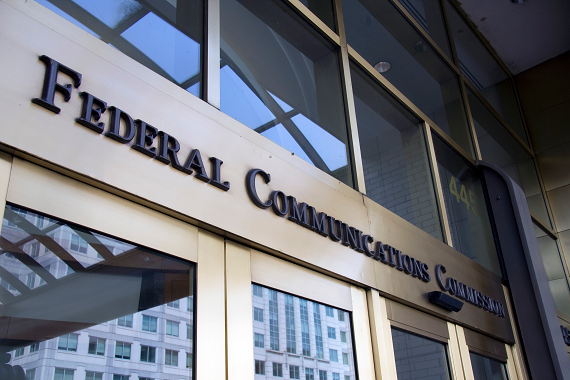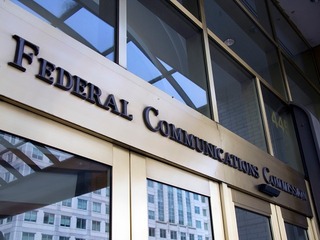
Excellent news for all those in favor of a free and open Internet: net neutrality has passed!
In a 3-2 vote, the Federal Communications Commission (FCC) approved Chairman Tom Wheeler’s plan to regulate the Internet as a public utility, under Title II of the Communications Act.
Under the new rules, paid prioritization is banned, as is the blocking and throttling of lawful content and services, which makes the use of “fast-lanes,” or allowing certain websites to have faster speed as long as they can pay for it, illegal.
“Today is a red letter day both for an Open Internet, and for a broadband future of investment and expansion,” Wheeler wrote in a blog post after the decision came down.
For consumers, he said, they “now know that lawful content will not be blocked or their service throttled,” while innovators know they won’t have to pay higher prices to get preferential treatment from the broadband operators.
And finally, this will be good for the financial markets, as the Internet is now being regulated in a way that they know works, given that Title II is what the FCC currently uses to regulate the phone industry.
Wheeler said that the FCC had removed 27 of 48 regulations from Title II in order to modernize the act and bring it into the 21st century.
“The rationale for this modernization of Title II is simple: we want consumers and innovators to be protected, and we want ISPs to continue to have the economic incentive to build fast and competitive broadband networks. It is in the interest of consumers, innovators and Wall Street that nothing in today’s Order alters the economic model for continued network expansion,” he said.
“The ISPs’ consumer revenue streams tomorrow will be the same as they were yesterday. I believe this is why Sprint, T-Mobile, Frontier Communications, and Google Fiber, along with hundreds of smaller phone company ISPs have said they would continue to invest under the Commission’s modern regulatory approach.”
Wheeler’s plan had some pretty big supporters behind it; no less than the President of the United States had come out in favor of this type of regulation. Some Internet companies had as well, including Netflix and Etsy.
Earlier this week, Twitter expressed its solidarity with Wheeler as well,
“We strongly support ensuring that such rules include prohibitions against blocking or throttling of sites and services as well as the paid prioritization of some traffic over others. These rules should govern Internet service whether users are at their desk at home or on their smartphone across town,” Twitter said of the idea, praising the FCC for using a “light touch” and for advocating for “smart Internet policies.”
Of course, not everyone is in favor of this. AT&T wrote a blog post arguing against Wheeler’s proposal before it was even official, and has now come out again, blasting it in a new post.
“We have never argued there should be no regulation in this area, simply that there should be smart regulation. What doesn’t make sense, and has never made sense, is to take a regulatory framework developed for Ma Bell in the 1930s and make her great grandchildren, with technologies and options undreamed of eighty years ago, live under it,” Jim Cicconi, AT&T’s Senior executive vice president of external and legislative affairs, wrote.
“Instead of a clear set of rules moving forward, with a broad set of agreement behind them, we once again face the uncertainty of litigation, and the very real potential of having to start over – again – in the future.”
Verizon also released a statement critical of the FCC’s vote.
“Today’s decision by the FCC to encumber broadband Internet services with badly antiquated regulations is a radical step that presages a time of uncertainty for consumers, innovators and investors,” the company said. “Over the past two decades a bipartisan, light-touch policy approach unleashed unprecedented investment and enabled the broadband Internet age consumers now enjoy.”
Even with the proposal passed, the fight is likely far from over, with broadband operators like AT&T and Verizon expected to take legal action to have the ruling reversed. It also still possible that the Republican-controlled Senate may try to take action, under the belief that they, and not the FCC, should be the ones to set such regulations.
(Image source: bgr.com)















